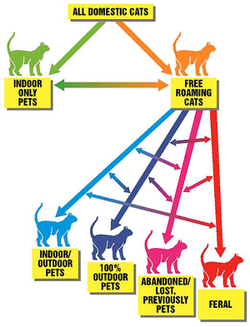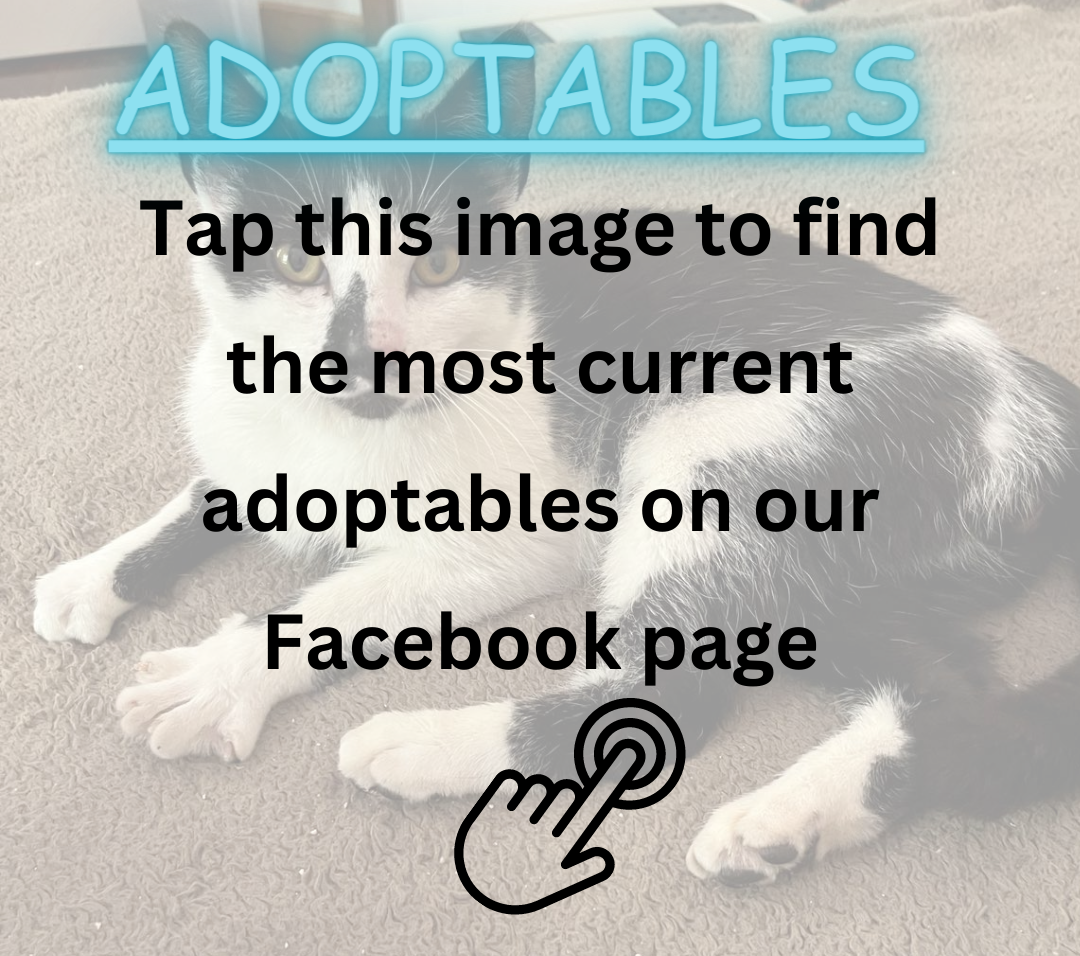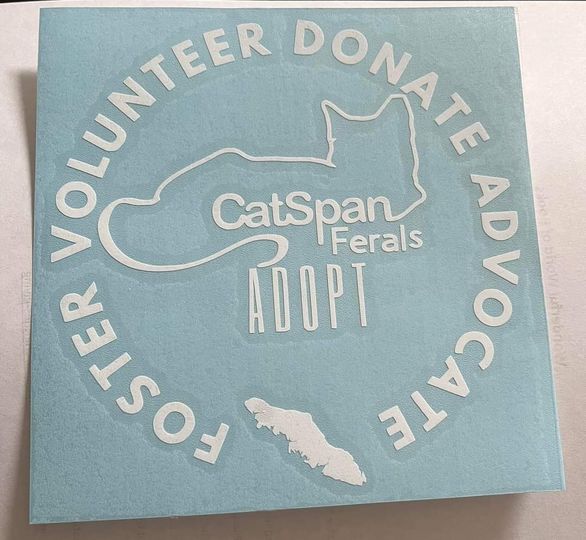what are feral cats?

Feral cats are the "wild" offspring of domestic cats and are primarily the result of pet owners' abandonment or failure to spay and neuter their animals, allowing them to breed uncontrolled. Feral cat "colonies" can be found behind shopping areas or businesses, in alleys, parks, abandoned buildings, and rural areas. They are elusive and do not trust humans.
Many people assume their animals will survive when they move away and leave them behind. Contrary to popular belief, domestic animals do not automatically return to their "natural" instincts and cannot fend for themselves!
Because a female cat can become pregnant as young as 16 weeks of age and go on to have two or three litters a year, the feral cat population -- and the problems associated with it -- grows and perpetuates. In seven years, a single female cat and her kittens can produce 420,000 more cats.
Studies have proven that trap-neuter-release is the single most successful method of stabilizing and maintaining healthy feral cat colonies with the least possible cost to local governments and residents, while providing the best life for the animals themselves. Spaying/neutering homeless cats:
Many people assume their animals will survive when they move away and leave them behind. Contrary to popular belief, domestic animals do not automatically return to their "natural" instincts and cannot fend for themselves!
Because a female cat can become pregnant as young as 16 weeks of age and go on to have two or three litters a year, the feral cat population -- and the problems associated with it -- grows and perpetuates. In seven years, a single female cat and her kittens can produce 420,000 more cats.
Studies have proven that trap-neuter-release is the single most successful method of stabilizing and maintaining healthy feral cat colonies with the least possible cost to local governments and residents, while providing the best life for the animals themselves. Spaying/neutering homeless cats:
- Stabilizes the population at manageable levels.
- Eliminates unwanted behaviours associated with mating.
- Is humane to the animals and fosters compassion in the neighbourhoods.
- Is more effective and less costly than repeated attempts at extermination. Costs for repeatedly trapping and killing feral colonies are far higher than promoting stable, non-breeding colonies in the same location. Vacated areas are soon filled by other cats, who start the breeding process over again.






